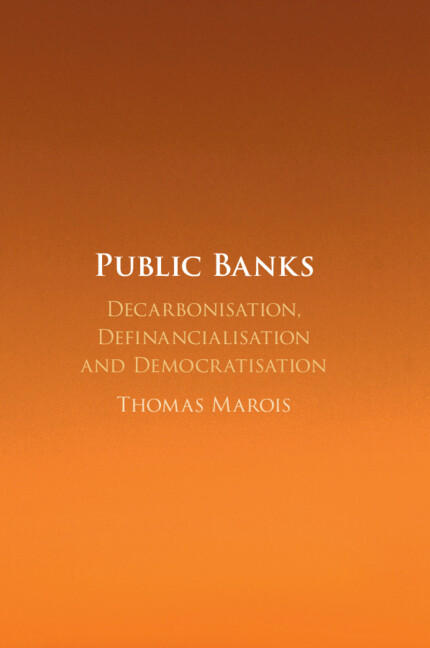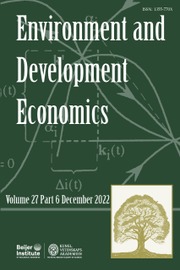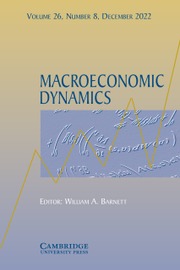Framing India's Low Carbon Development Pathways
In the context of a developing country such as India and of the global commitment to limit the temperature rise, this book provides a comprehensive and novel approach on framing the low carbon development pathways. Data plays a critical role in accurate assessment so it gives a stepwise detail on reconciling national accounting statistics with energy balance data. Further, it explains the setting up of technology optimization and economy-wide macroeconomic framing models. These models have limitations when used in isolation so the book further elaborates on the soft coupling process to overcome the limitations of using individual models. Detailed examples using case studies illustrate the application of structured approach to determine net zero pathways and business decarbonisation scenarios. Future applications for important development questions related to net zero analysis are also enumerated.
- Structured approach to analyzing energy and environment policy
- Analytical skills for sustainable management
Product details
August 2025Hardback
9781009582339
200 pages
229 × 152 mm
Not yet published - available from August 2025
Table of Contents
- 1. Achieving Net Zero: A Wicked Problem for India
- 2. Themes for Exploring Low Carbon Pathways
- 3. Building a Hybrid Dataset for Modelling the Pathways
- 4. Bottom-up Approach and Technology Details
- 5. Macroeconomic Framing of Energy Systems in India Using Simulations
- 6. Top-down Approach: Multisector Economy-wide Model
- 7. Scenario Construction and PathwaysAanalysis
- 8. Sectoral Case Study: Application of Hybrid Approach to Economy-Wide Analysis
- 9. Sectoral Case Study: Application of Hybrid Approach to Transport Sector
- 10. Conclusion: Other Applications, Policy Insights, Road Ahead.








